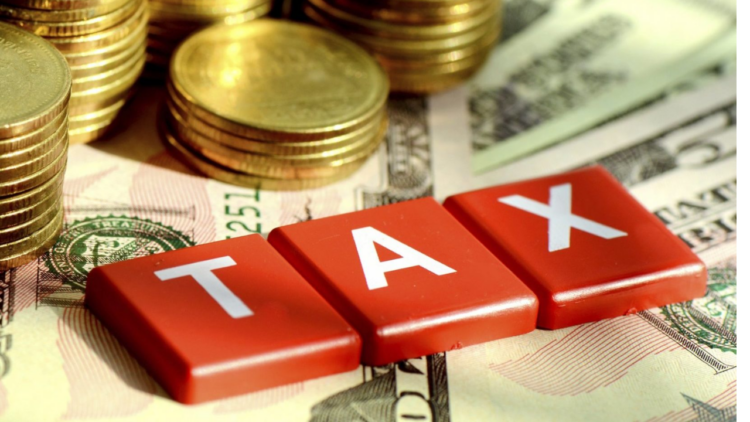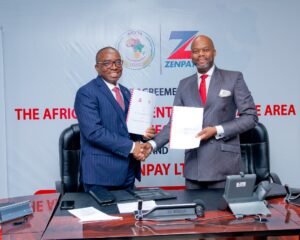Purchasing Power To Decline As FG Slams New Tax
3 min read
The new tax law captured in the 2023 Fiscal Policy measures and was recently introduced by the federal government, has been described as capable of ‘worsening the economic woes of helpless Nigerians who have to contend with dwindling purchasing power.
The document signed by, the minister of Finance, Budget and National Planning, Zainab Ahmed, proposed additional excise taxes ranging from 20% to 100 per cent increases on previously approved rates for alcoholic beverages, tobacco, wines and spirits have been introduced effective from 1 June 2023.
READ ALSO: Tinubu Congratulates King Charles
However, the excise duty rate on non-alcoholic beverages is retained at the rate of N10 per litre.
Other taxes include; excise duty on Single Use Plastics (SUPs) including plastic containers, films and bags at the rate of 10%, an Import Adjustment Tax (IAT) levy on motor vehicles of 2000 cc to 3999 cc at two per cent while 4000 cc and above will be taxed at four per cent. Vehicles below 2000 cc, mass transit buses, electric vehicles, and locally manufactured vehicles are exempted.
Fiscal Policy Partner and Africa Tax Leader at PwC, Taiwo Oyedele, explained that, the tax increase captured in the 2023 Fiscal Policy will weigh negatively on the economy as it will further put upward pressure on inflation.
According to him, because of the dwindling purchasing power of consumers, manufacturers will not be able to pass all the costs to them which means they will bear part of the costs.
“The federal government had agreed on a roadmap of excise increases for 2022, 2023, and 2024 for increases on alcoholic beverages, non-alcoholic beverages and tobacco spirits and wine.
es were as high as 90-95 per cent. In the middle of the implementation, the government decided to top up the increases which seem very unusual given that these sectors, beverage and tobacco are the largest sub-sector within manufacturing and accounting for about 40% and over the last seven years, the average growth rate had been about 2%.
“In fact, last year, there was a negative growth for that sector of course employing millions of people directly or indirectly. Why would you want to change your policy midway, especially as the naira scarcity has dented the growth of that sector with significant decline, for some of them, in double digits that we have not seen in decades?,“ he pointed out.
While condemning the decision, the policy analyst described it as ill-timed and not in the interest of national economic growth, stressing that, the policy enactment lacked critical assessment and engagement to ascertain its direct and indirect impact on the entire value chain.
To him, “what the industry needs from the government at this time is enabling policies, not additional tax burden. It is good we put the national interest first, especially making sure that you consult widely with all the parties that will be affected, use data to make decisions to know the likely impacts not only on the industries that will be directly affected but also the ripple effects on the entire value chain, from farmers, suppliers workers and their households who depend on them.”
The policy analyst advised that the 2023 Fiscal Policy Measure, be suspended or revisited to avoid negative consequences of the new changes on Nigerians and struggling businesses





